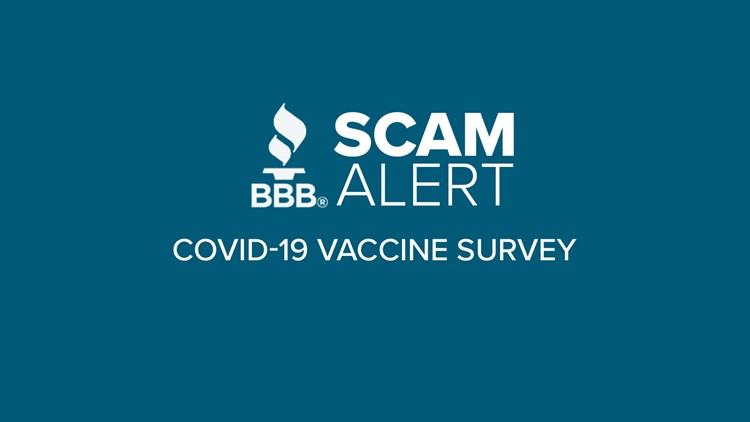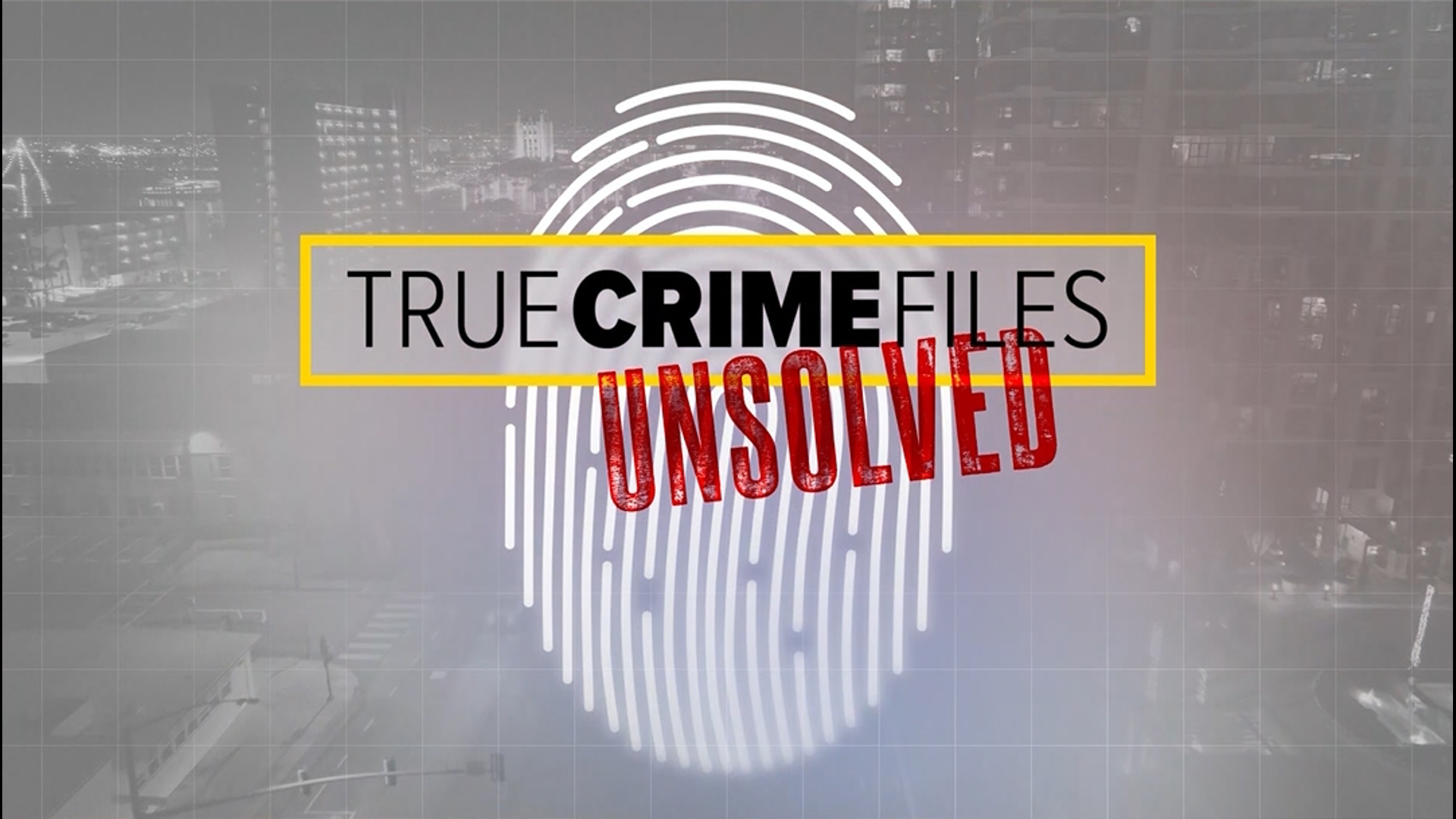SAN DIEGO COUNTY, Calif. — The Better Business Bureau (BBB) announced Tuesday that their office has identified a new way that scammers are trying to cash in on the COVID-19 pandemic. The BBB says if you receive a text with a survey about your vaccine, don't click the link! The phony survey claims to be from pharmaceutical company Pfizer, with questions about their COVID-19 vaccine.
How the Scam Works
According to the BBB, you will receive an email or text message that claims to be from Pfizer. Some messages claim that you will receive money for completing a quick survey. Other messages will offer a "free" product or gift. The link may lead to a real survey that prompts you to sign up for a "free trial offer."
The BBB said victims entered their credit card information to pay for what they thought was a shipping fee and the scammers billed them several times more and never shipped the product. Other versions of the form may also show up as a phishing scam that requests banking and credit card information.
“I received an email asking me to complete a survey in support of COVID-19 research which offered up to $1,200 as a reward. After completing the survey, the website asked me to choose a gift but then I was required to pay a fee of $19.73 for shipping and handling,” stated a victim reported on BBB’s Scam Tracker.
The BBB advises people to be on the look out for scammers claiming to be from Janssen (Johnson & Johnson) and Moderna, too.
WATCH: BBB specialist Robert Moreno warns people of COVID-19 survey scam
How to Spot a Survey Scam
The BBB says it's best not to click on links that come in unsolicited emails. Here are a few tips on how to spot a malicious email.
- The email claims to have information about you, but you never signed up for it. Scams often pretend to be personalized for you, but they are actually blast emails. Don't fall for this! If you never signed up for emails from a company, you shouldn't be receiving them.
- Pushes you to act immediately. Scammers typically try to push you into action before you have had time to think. Always be wary of emails urging you to act immediately or face a consequence.
- Watch for typos, strange phrasing and bad grammar. Scammers can easily copy a brand's name, but awkward wording and poor grammar are typically a giveaway that the message is a scam. For example, one version of the survey scam impersonating Pfizer uses the wrong company logo.
- Hover over URLs to reveal their true destination. Typically, the hyperlinked text will say one thing, but the link will point somewhere else. Make sure the links actually lead to the business's official website, not a variation of the domain name.
If you’ve spotted a scam report it to BBB.org/ScamTracker.
WATCH: Robocall volume increases, especially with car warranty scam




